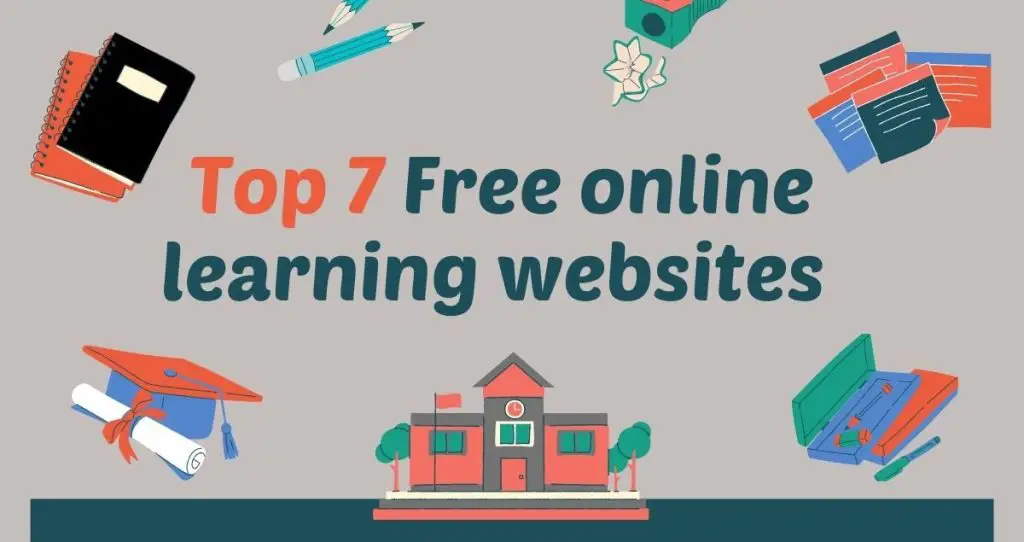The growth of digital technology has made education more accessible than ever before. Free online learning platforms now enable people from all backgrounds—whether students, professionals, or lifelong learners—to gain new skills, deepen their understanding, and even earn recognized certifications at no cost.

These platforms deliver high-quality content across a wide range of subjects. In addition, AI-powered chatbots are transforming how learners access support, offering instant, personalized assistance for academic and technical queries—making the online learning experience more seamless and responsive.
Top Free Online Learning Platforms

- Coursera (Free Courses Option) – While Coursera offers paid certificates, many courses from universities like Stanford and Yale are available for free in audit mode. Learners can explore subjects like business, computer science, and personal development at their own pace.
- edX – Founded by Harvard and MIT, edX provides free access to university-level courses in topics such as engineering, humanities, and data science. Like Coursera, certificates require payment, but the content itself remains free for learners.
- Khan Academy – This platform is particularly useful for school and college students, offering comprehensive lessons in math, science, economics, and history. The interactive exercises and instructional videos make learning engaging and accessible.
- Udemy (Free Courses Section) – While Udemy is known for its paid courses, it also has a selection of free courses covering topics like programming, marketing, and photography. Users can access these courses through the platform’s free section.
- MIT OpenCourseWare (OCW) – MIT OCW offers complete university courses, including lecture notes, assignments, and exams, across a wide range of disciplines. This platform is an excellent resource for self-learners seeking in-depth knowledge.
- Codecademy (Basic Free Tier) – Ideal for coding enthusiasts, Codecademy provides free access to introductory programming courses in Python, JavaScript, and HTML. Users can practice coding in real-time with interactive exercises.
- FutureLearn – A UK-based platform offering free short courses from universities worldwide. While some features require payment, users can still access valuable educational content without cost.
Advantages of Free Online Learning

Online learning platforms bring a range of advantages, such as convenience, affordability, and broad accessibility. They empower learners to study on their own schedule, removing the limitations of location and time. With self-paced courses, students can advance according to their individual learning needs. Many platforms also feature interactive discussion forums that encourage peer collaboration and knowledge sharing. Moreover, the incorporation of gamification elements—like points, badges, and progress tracking—is boosting student engagement and motivation, making learning more dynamic and results-driven.
Challenges and the Future of Online Learning
While free online education offers many benefits, it also comes with certain drawbacks. Access to features like graded assignments and official certificates is often limited to paid users, which can create barriers for some learners. Additionally, since these platforms typically lack real-time instructor oversight, students must rely heavily on self-motivation and discipline to stay on track. In contrast, the integration of IoT in smart classrooms and digital learning environments provides more structured, interactive experiences—using connected devices and real-time feedback to support engagement, monitor progress, and create a more guided and immersive educational setting.

However, as technology advances, free online learning is expected to become even more interactive and engaging. The integration of AI, virtual labs, and real-time feedback mechanisms will further improve the quality of self-education resources.
Conclusion
Free online learning platforms have democratized education, making high-quality courses available to learners worldwide. While challenges exist, the continued growth of digital education will only enhance the learning experience. Whether for career advancement, personal growth, or academic enrichment, these platforms provide invaluable resources for anyone looking to expand their knowledge.